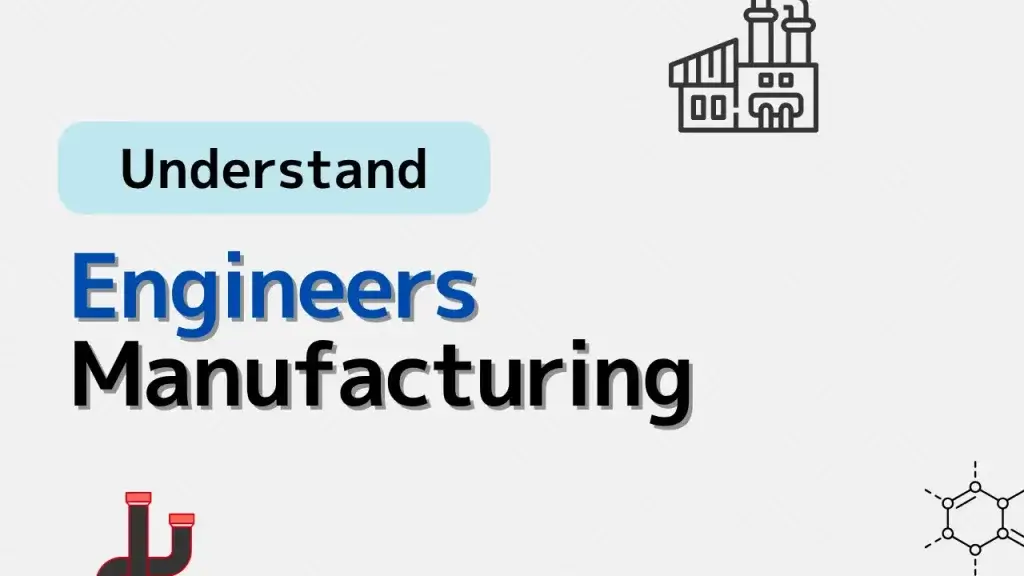In many companies, engineers and factory workers don’t always understand each other. Engineers focus on designing systems. But if they don’t know how things are actually made or operated on the shop floor, their designs might not work in reality.
This article explains why it’s so important for engineers to understand the basics of manufacturing.
1. The Gap Between Engineers and the Shop Floor
Many engineers are trained in classrooms and work at desks. They often use CAD software or simulations. But they may have never touched the actual machines, pipes, or tools used in production.
As a result, they sometimes create plans that are difficult—or even impossible—to build.
2. Real Problems from Lack of Manufacturing Knowledge
Here are some typical issues caused by engineers who don’t understand real manufacturing:
- Designing equipment that is hard to maintain or clean
- Choosing materials that are expensive or hard to weld
- Adding too many unnecessary parts
- Ignoring the size of tools or the space needed for installation
These mistakes cost time, money, and cause frustration on the shop floor.
3. What Engineers Should Learn
Even if engineers don’t become full technicians, they should:
- Visit the factory and observe operations
- Talk with welders, fitters, and operators
- Understand basic welding, machining, and piping
- Learn how their designs are used in the field
This helps them create designs that are not only smart on paper, but also practical.
Conclusion
A good engineer doesn’t just design. They understand how things are made and used. By learning from the factory floor, engineers can avoid mistakes, improve communication, and create better solutions.
If you’re an engineer, try stepping into the workshop—it will make you a better professional.
